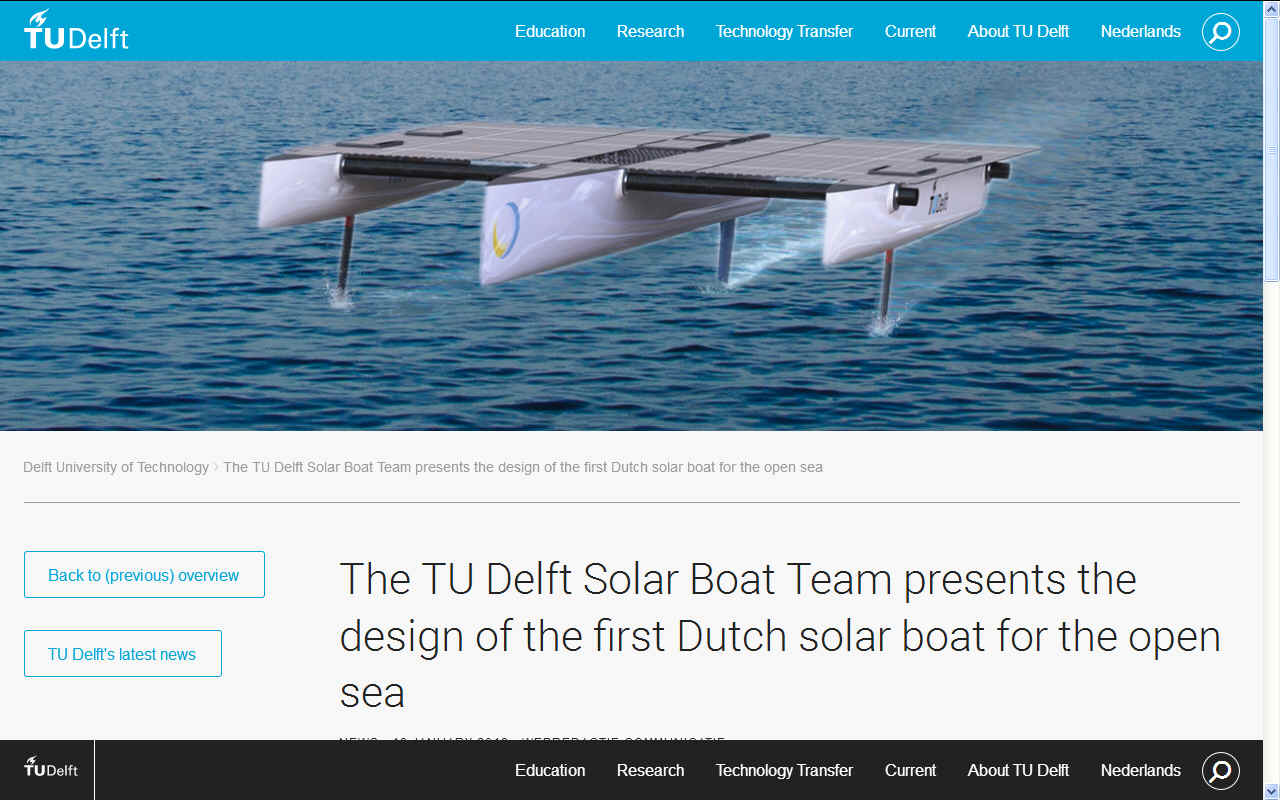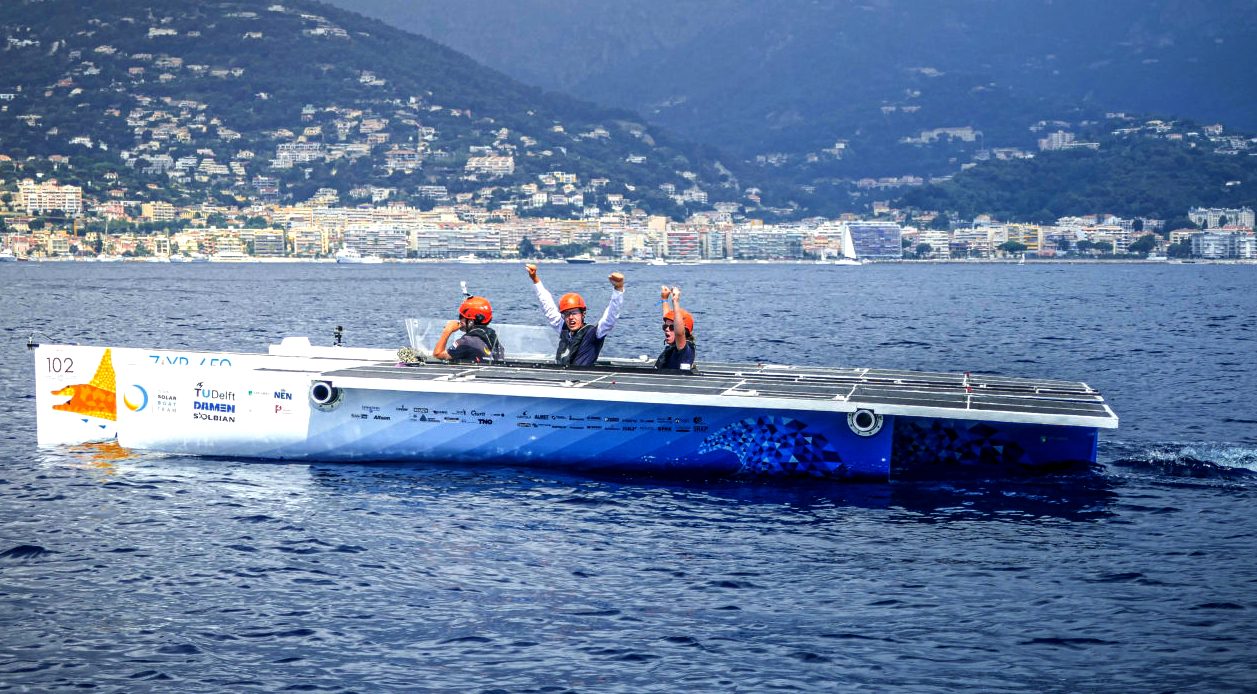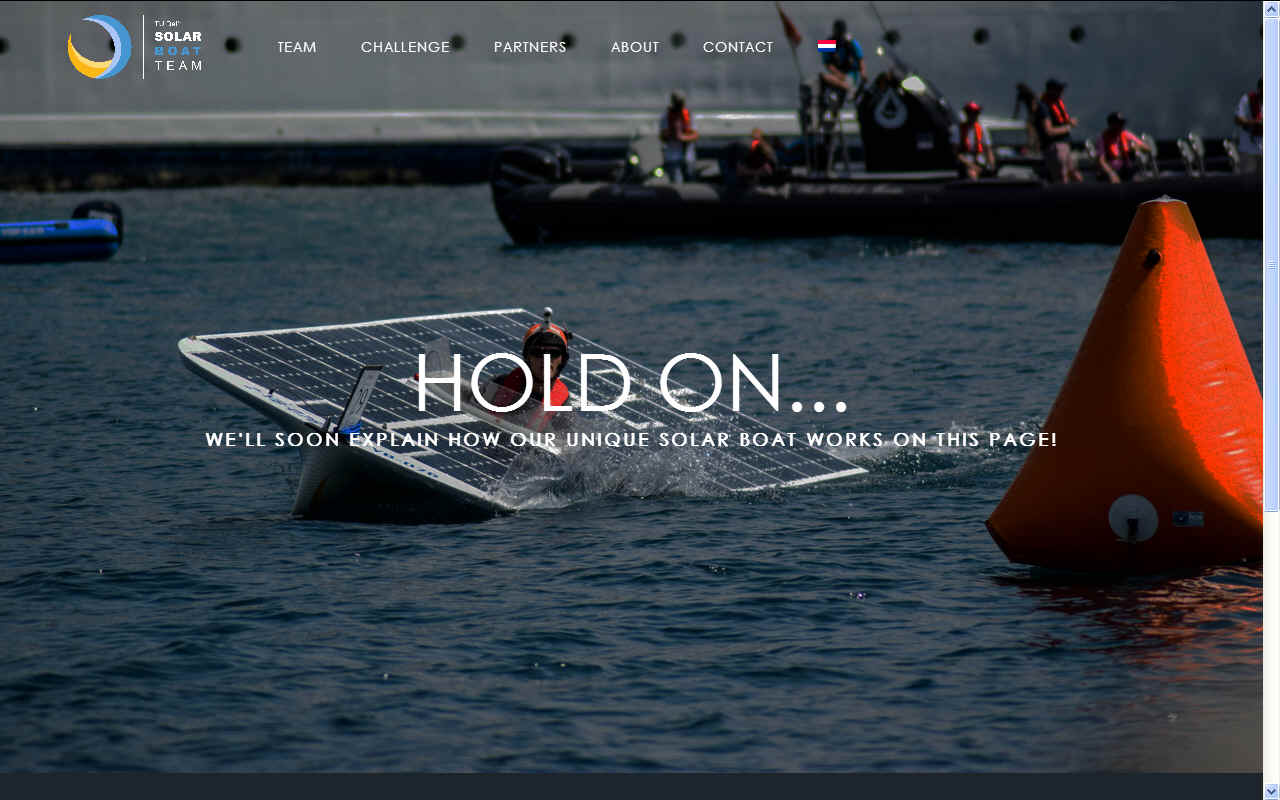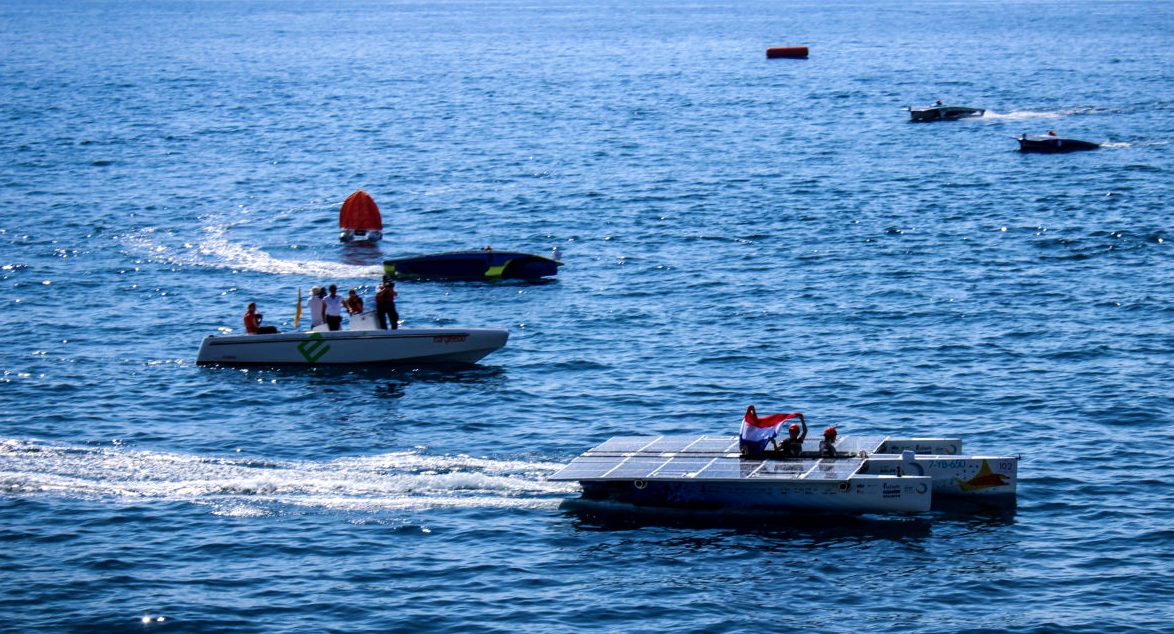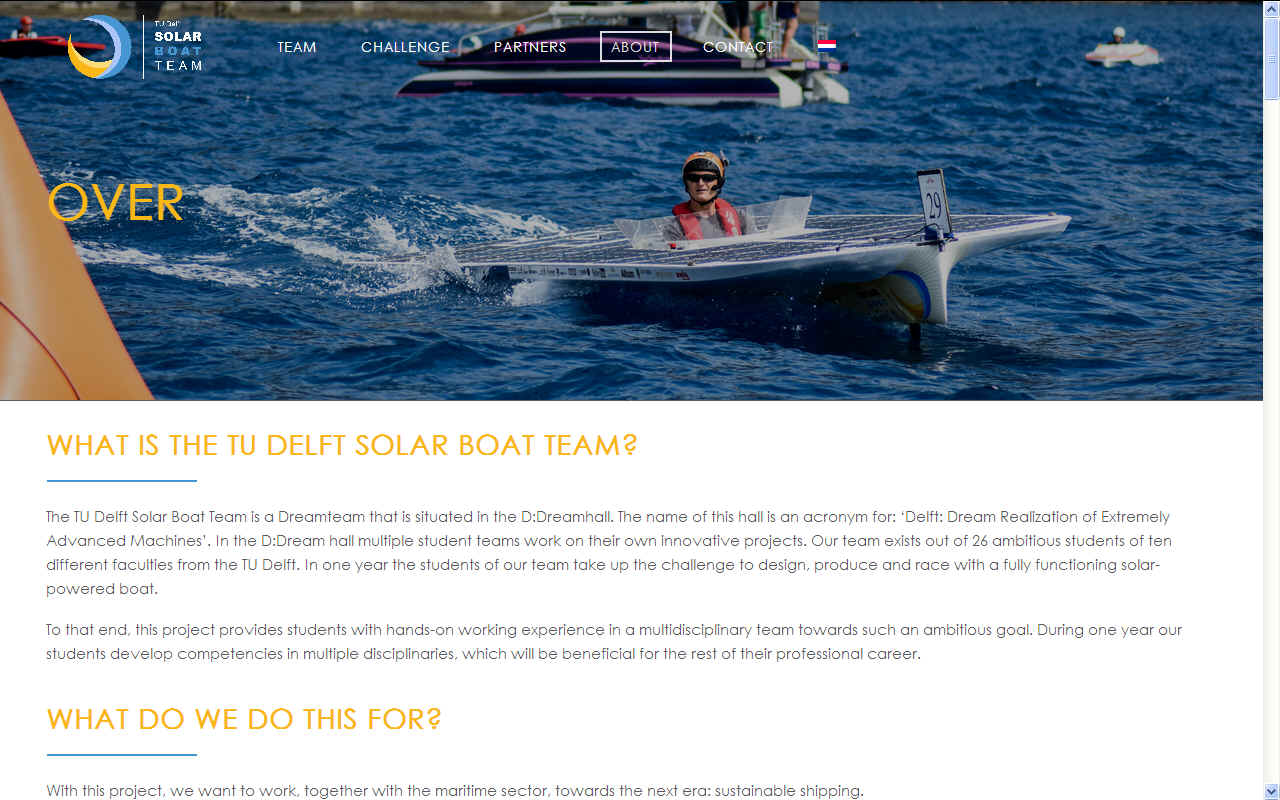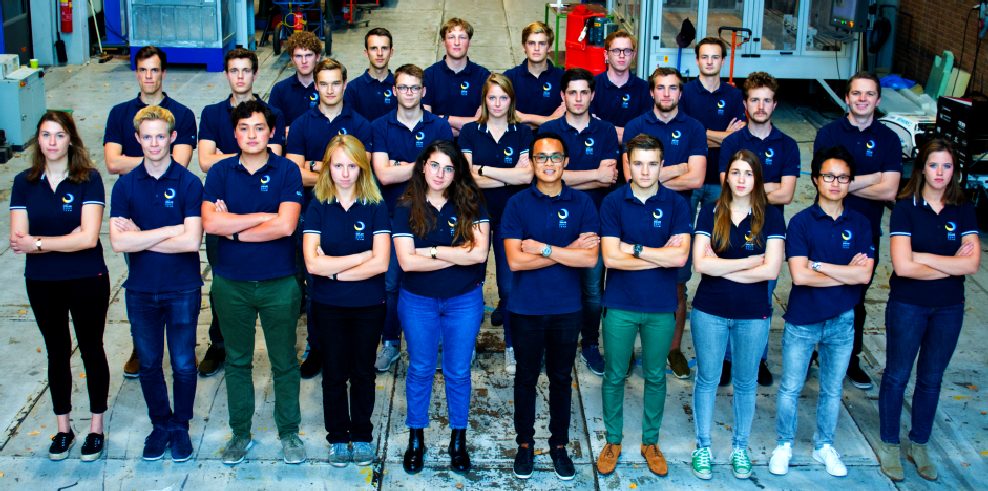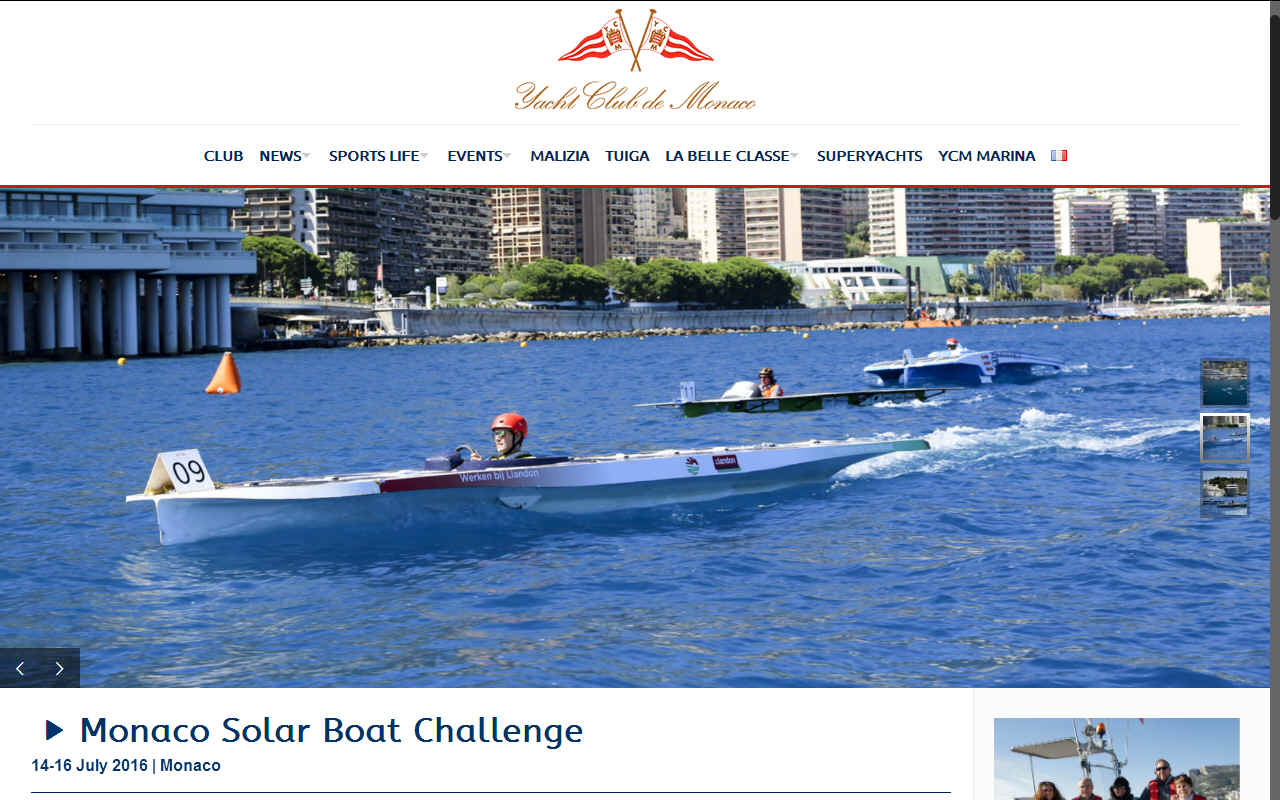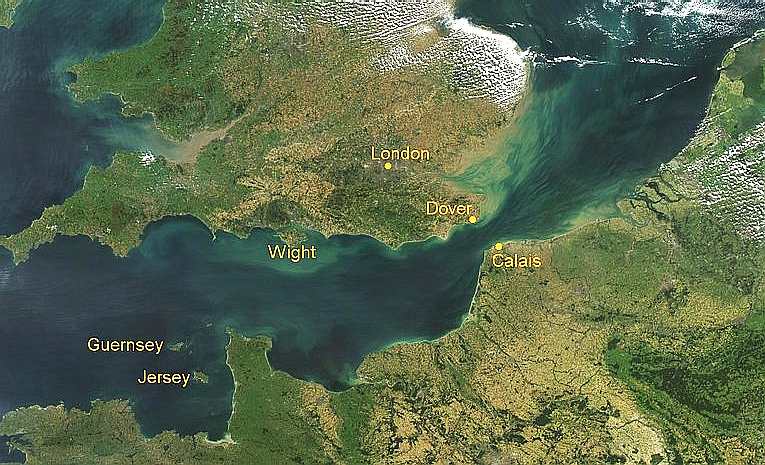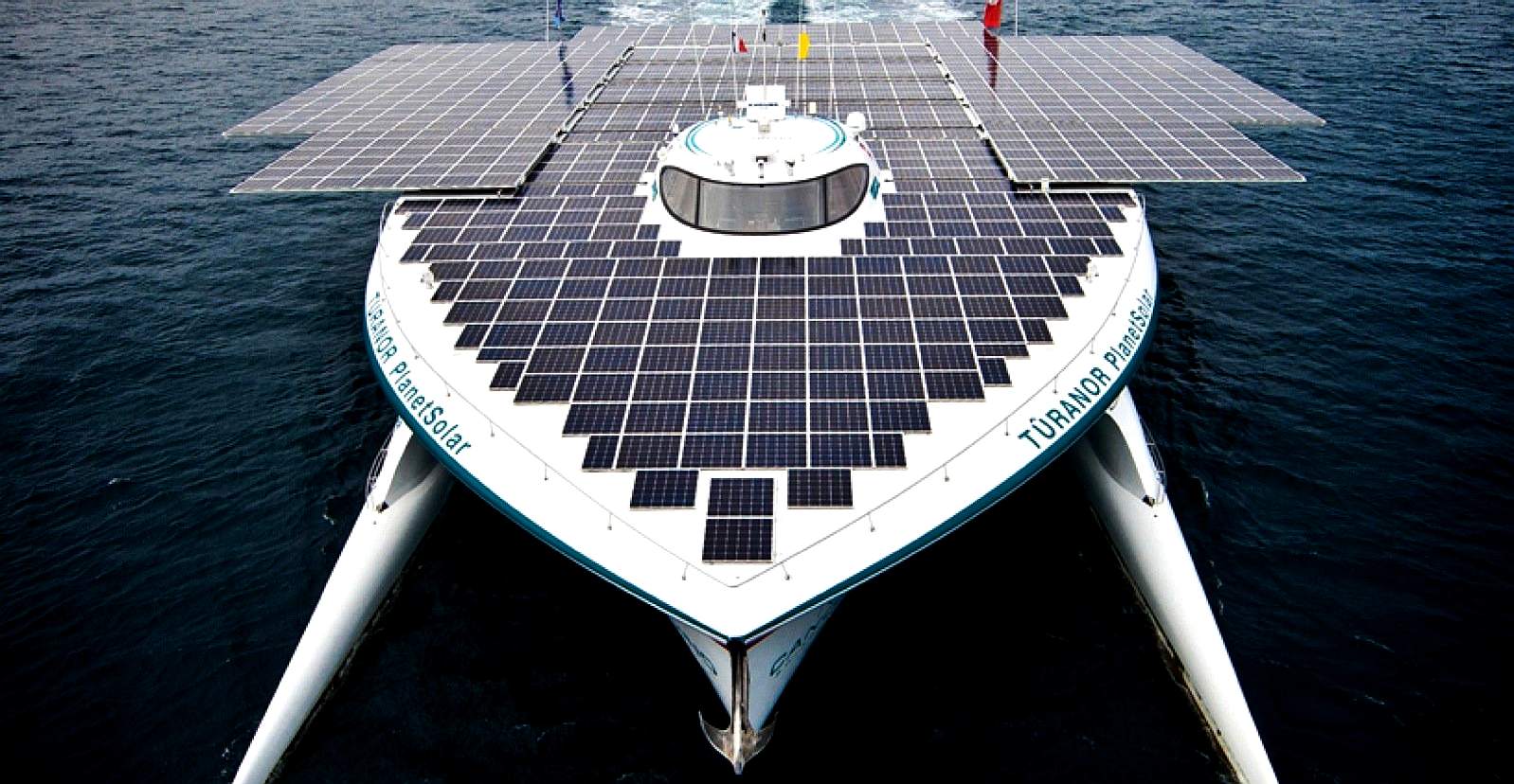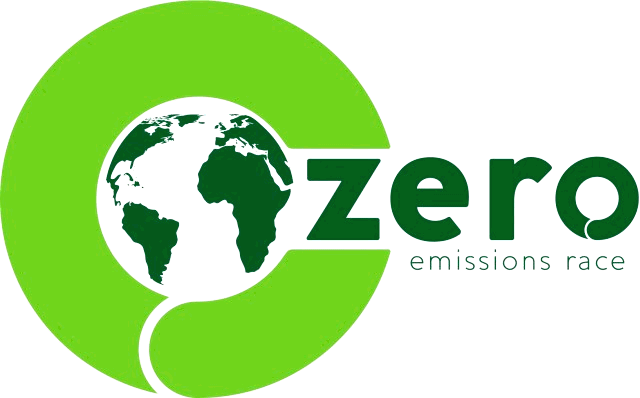|
WORLD'S FASTEST SOLAR BOATS
BLUE GROWTH - CIRCUMNAVIGATION - CLIMATE CHANGE - CONTACTS - DONATE - FOUNDATION - FUNDING - HOME - A-Z INDEX
CLIMATE CHANGERS - Guinness World Records recognize water speed records for vehicles powered only by solar panels. The cross-channel attempt will go down in the history books. Laura Dekker christened the vessel in May of 2019.
It's early days yet, but the news of an ocean going water record boat has been released. Meantime, the team raced their splendid trimaran offshore at Monaco in July 2019, winning comfortably with a boat that sometimes reached 35 kph.
During the Solar & Energy Boat Challenge 2019, at Monaco, the TU Delft Solar Boat Team became the World Champion Solar Boat racing Team on the open sea.
SETBACKS
News - 18 January 2019 - Webredactie communicatie
Completely new design for the open sea
Never before has the TU Delft Solar Boat Team built a solar boat that will defy the open seas. Besides being the first Dutch team, it will also be the first student team to take on this challenge. The design is completely different from previous years when boats were built for the inland waters. Over the past five months, the 26 students of the TU Delft Solar Boat Team have been working full-time to create the most optimal design. In order to cope with the high waves and heavy gusts of wind on the open sea, this year's boat will take the form of a trimaran. This is a boat with three hulls, so the boat can be built widely to provide the stability which is needed. With a larger solar boat, there will also be a considerably larger sun deck. The solar deck will be no less than 28 square meters, which is the same size as nine double beds together. With such a large surface, the energy that can be obtained from the sunlight is maximal. Due to the use of hydrofoils, the trimaran will not only be able to sail but can also fly above the waves at high speed. These hydrofoils lift the entire hull out of the water, reducing the water resistance drastically. This allows the solar boat to achieve a high speed on the energy that is only obtained from the sunlight.
Start production
Now that the design of the trimaran has been completed, the team starts with the production. "After five months, our design is complete: All the sub-systems have been perfected and we have carefully considered every detail. The next challenge is the production phase, the actual realization of this design", says the Team Manager Kristian. In just three months, the solar boat is fully produced and assembled so that the boat can defy the waters for the first time in the spring. The next months, the team will test and optimize the boat, so that at the start of July it will be ready to battle against world-class boats during The Offshore Challenge, the world-championships for solar boats, in Monaco. They will not only compete for the world title, the students will also do a world record attempt at the end of July by crossing The English Channel as the fastest solar boat ever. The team hopes to show how powerful sustainable energy can be at sea.
TU
DELFT - The TU Delft Solar Boat Team is a Dreamteam that is situated in the
D:Dreamhall. The name of this hall is an acronym for: ‘Delft: Dream Realization of Extremely Advanced Machines’. In the D:Dream hall multiple student teams work on their own innovative projects.
Their team exists out of 26 ambitious students of ten different faculties from the TU Delft. In one year the students of our team take up the challenge to design, produce and race with a fully functioning solar-powered boat.
TU Delft Solar Boat Team
The current team consists of a group of 26 students from ten different faculties at the TU Delft. Since its foundation in 2006, the TU Delft Solar Boat Team has been trying to inspire the maritime sector to become more sustainable. Until this year, the students participated in races for solar boats on inland waters. With this they have shown what a student team can achieve through the innovative use of solar energy. This is the first year that they are taking on the offshore challenge. The team wants to show that a lot is possible with sustainable techniques, even on the open sea. Furthermore, not one, but three passengers can sail in the boat this year. This is a big step towards passenger shipping, which shows the team that sailing on solar energy is also a viable option.
Their partners often help with a financial contributions, support in products & services or an exchange of knowledge. Through collaborating with the TU Delft Solar Boat Team their partners show that their company promotes sustainable developments and innovation. This is a way of showing the world that, together, technology can be developed such as to foster sustainable innovation.
CLIMATE
CHANGERS - The 2019 team exists out of 26 ambitious students from ten different faculties of the TU Delft. Because of this wide arrange of knowledge and the different backgrounds of each team member we have an incredibly diverse team.
A bit of history
In 2005, the first TU Delft solar boat broke boundaries by winning the ‘Frisian Solar Challenge’.
MONACO - The yacht harbour at Monaco is an ideal location for fast electric boats powered by the sun. For over a century Monaco has been a pioneer in powerboating.
Monaco, July 2019
THE CHANNEL AUGUST 2019 - In July 2019 we will write history. The TU Delft Solar Boat Team will make a world record attempt to cross the English Channel as the fastest solar boat. In the last week of July we will travel this world-famous stretch of sea between Calais and Dover in as short a time as possible. With this we want to show the world that on solar panels you can cross this busy embankment strait. The most dangerous green lane route is between Dover and Calais
Contact information
For more information, photographs, video footage or questions you can contact Mechteld Bakkenes, you can contact her via mechteld.bakkenes@solarboatteam.nl or +31(0)626761156. You can also follow the team on Facebook, Instagram, Twitter and LinkedIn via /solarboatteam.
Breaking records is often how we get a meaningful measure on progress in science and technology. Faster, further, higher, better. It’s a tangible demonstration of where we’ve been and where we’re going, and it’s the reason we are drawn to developments that use renewable technology to improve the quality of life for all the inhabitants of planet earth.
Postbus 5
OTHER CLIMATE CHANGERS - Schools all over the world plan on staging a strike on the 15th of March 2019.
FASTEST SOLAR CIRCUMNAVIGATION TO DATE - On the 4th of May 2012, history was made, as Raphael Domjan, at the helm of a giant of a catamaran powered only by solar panels crossed the finishing line at Monaco to become the first electric boat to sail around the world. MS Tûranor PlanetSolar, known under the project name PlanetSolar, was (@ 2018) the largest solar-powered boat in the world. The vessel was launched on the 31st March 2010, also going into the Guinness Book of World Records. The project was mostly financed by Immo Stroeher, the owner of the boat.
LINKS & REFERENCE
https://www.facebook.com/solarboatteam/ https://solarboatteam.nl/en/ https://www.tudelft.nl/en/2019/d-dream/the-tu-delft-solar-boat-team-presents-the-design-of-the-first-dutch-solar-boat-for-the-open-sea/ http://www.guinnessworldrecords.com/world-records/fastest-solar-powered-vehicle/
This website is provided on a free basis as a public information service. Copyright © Cleaner Oceans Foundation Ltd (COFL) (Company No: 4674774) 2019. Solar Studios, BN271RF, United Kingdom. COFL is a charity without share capital.
|
